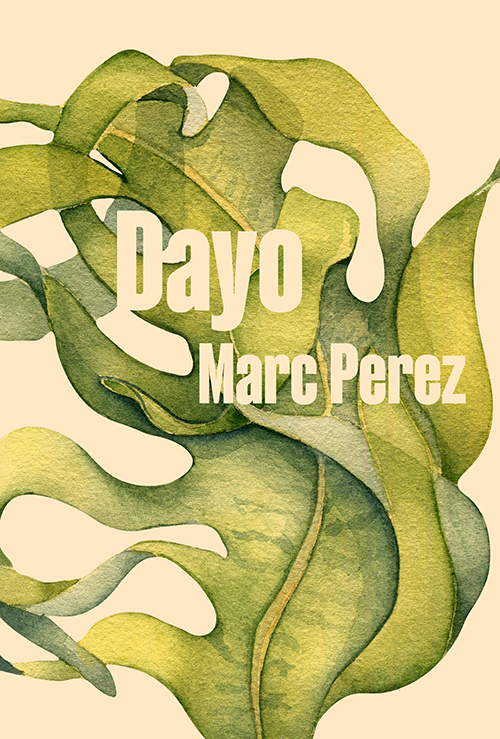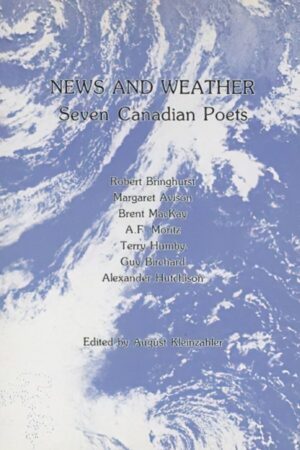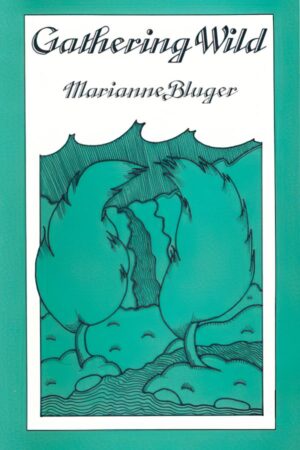Dayo by Marc Perez
$13.99 – $23.95Price range: $13.99 through $23.95
Winner of the 2025 Gerald Lampert Memorial Award
An elegant debut collection that illuminates the contours of un/belonging
8.5 X 5.75 Inches | 96 pages
Publication Date: April 1, 2024
ISBN 9781771316286
Trade Paperback $23.95 | |
EPUB + PDF $13.99 |
Dayo: a Tagalog word referring to someone who exists in a place not their own. A wanderer, migrant worker, exile or simply a stranger. At its core, the poems in Dayo interrogate whether belonging can exist in a society suffused with violence. Here, the poet, as a stranger, confronts the politics of recognition by offering his vision. Reflexive and lyrical, this collection embodies the true curiosity and tenacious spirit of a dayo seeking a place to replant, tend, and grow delicate roots.
Praise for Dayo:
“…Great poetry re-creates the world, and Perez’s world is here, built from the fleeting moments you don’t always notice, built beautifully, built to last.”
—Wayde Compton, author of The Outer Harbour and The Blue Road: A Fable of Migration
“By the end of all the belovedness catalogued in this book, you too will be heavier with the weight of all that is most gorgeous about this world.“
— Ed Bok Lee, author of Mithocondrial Night and Whorled
“One of the things that most impresses me about this lush, lyrical and soulful collection is its ability to hold hope alongside melancholy and despair…With incredible empathy and insight, he writes for “the fragments of ourselves, pieced together by grief.“
— Jen Currin, author of Trinity Street
“…At once cinematic and elegiac, this book is an unforgettable contribution and a remarkable achievement.
—Adrian De Leon, author of barangay: an offshore poem
Jury Citations:
“Dayo is a collection that documents each moment as it passes. It is lush and animate in describing the mundane, gentle in its nostalgia and reflections of home, and sharp in its commentary on enclosures and borders. Each word is a seed of complex sensory images that sprout through the page to find connections across the book. These poems are elegant in the way they consider how fleeting each moment really is, while being deeply rooted in the possibilities of a good life. It is a nourishing and sturdy achievement.”
—from the jurors of the Gerald Lampert Memorial Award
Reviews:
“Can poems start a fire, create refuge, resurrect selves, and help return one home?…These questions, under the umbrella of belonging and what that means in a world engulfed by inequality, violence, and environmental destruction, consume these verdant verses, with the act of recording, perhaps, a means of unburdening, laying bare the disparities – to channel change, the societal and the personal.”
—Wanda Praamsma, The Toronto Star
| Format | EPUB + PDF, Trade Paperback |
|---|
About the Author
Marc Perez is a Filipino poet and writer living in the unceded territories of the Musqueam, Squamish, and Tsleil-Waututh nations. His fiction, creative nonfiction, and poetry have appeared in The Fiddlehead, EVENT Magazine, decomp journal, CV2, PRISM international, and Vallum, amo





